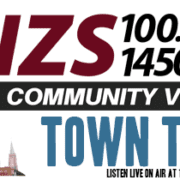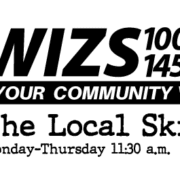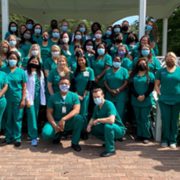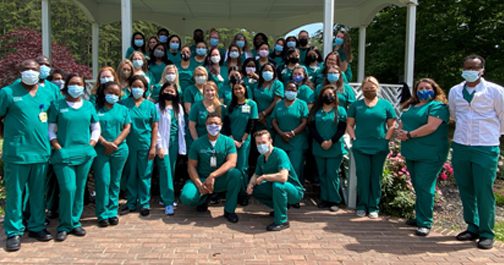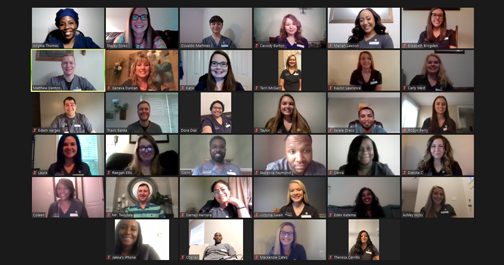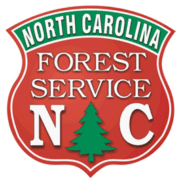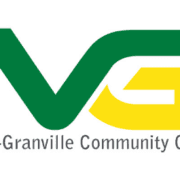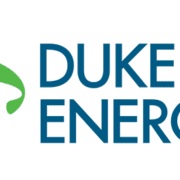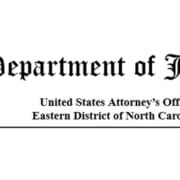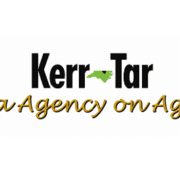TownTalk: Elder Abuse Awareness
Keeping Older Adults Safe, Protected –
Whether it’s unintentional or purposeful, mistreatment of older adults is serious business. It’s called elder abuse and two local experts discussed the topic with John C. Rose on Thursday’s Town Talk.
Elder Abuse Awareness month is observed, appropriately enough, between Mother’s Day and Father’s Day in North Carolina; World Elder Abuse Awareness Day is June 15. In her job as long-term care ombudsman with Kerr-Tar Area Agency on Aging, Kimberly Hawkins monitors nursing homes and long-term care facilities to make sure residents’ rights are being respected. Most often, she said, residents are satisfied with the care they receive. But when a resident has a complaint, Hawkins said, it is her job “to find out what they want me to do with that information.”
In her role as advocate, Hawkins said, she sometimes needs to refer a complaint to the Department of Social Services. Deloris Cooke works in Granville County’s DSS adult protective services division. Cooke said she fields referrals from folks like Hawkins and from the community at-large.
Such a referral can come from anywhere in community, Cooke said. “Anyone has the right to call in and share any type of concern for an elderly person” – anyone over the age of 18, actually, who is disabled. It’s up to DSS personnel to determine if an allegation meets the criteria to be evaluated.
Even if a case of abuse, exploitation, neglect or self-neglect is not substantiated, Cooke said a visit to the home is in order to make sure the adult is ok. Such a “self-report” visit is one way to make sure that individuals and families know about resources that can help.
Whether it’s intentional or unintentional, abuse, neglect or exploitation of an elderly person is something that she works to prevent. Through the evaluation, she can “determine what is the situation, what has caused this and how we can resolve it,” Cooke said.
Sometimes an older person living alone can’t get to the pharmacy to pick up medications or prepare meals – that’s self-neglect.
An example of caretaker neglect could be a care recipient being left alone while the family member providing care is at work; and then there are the scammers, who prey on vulnerable older adults to cheat them out of money.
Cooke said the APS reports can be made anonymously; “we cannot and will not divulge (the name of the reporter) unless it is court-ordered,” she said. So often, the reports come from individuals who care about the well-being of the older adult. DSS has up to 45 days to complete its evaluation of the situation, and they provide the reporter with basic findings once the investigation is complete.
“Our primary job is to make sure the adult is safe,” Cooke said. Often, providing resources and putting a plan in place to keep the adult safe, is sufficient. Sometimes, however, it is necessary to file a petition to the court to have the person removed.
Hawkins said she works with a different complaint process, and sometimes she must refer a long-term care facility complaint to DSS. And, of course, she informs the facility that a complaint has been lodged. But with nursing homes, she sends referrals to the state’s department of health and human resources – with the consent of the resident or that person’s legal guardian.
“Most of the time, it’s a lack of communication,” Hawkins said of complaints she receives. High staff turnover could contribute to complaints, as well as staff that feel overworked and overwhelmed.
“We offer trainings to facilities on resident rights and appropriate actions,” Hawkins said. “Getting new information helps a lot.” She also does activities with residents – like a residents’ rights BINGO game – to raise awareness.
Events in the five-county region are having events in the next couple of weeks to observe elder abuse awareness; contact your county’s Senior Center to learn details. In Vance County, Hawkins and colleague Austin Caton will present a program on family caregiver support at the Vance County Senior Center on June 17; other counties will have contactless, drive-through events to share information about elder abuse awareness.
To learn more, contact Hawkins at 252.436.2050 or toll-free at 866.506.6223; contact Cooke at 919.693.1511.
For complete details and audio click play.

